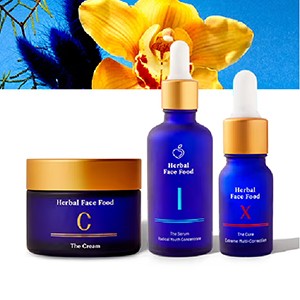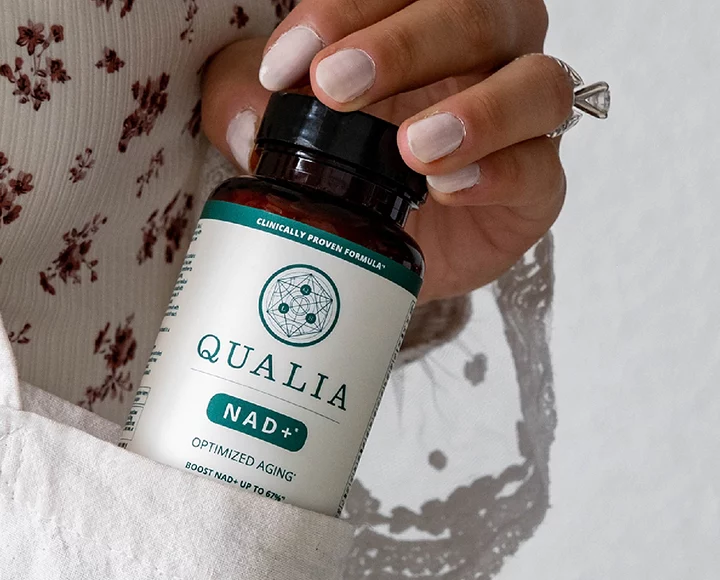Almost every healthy diet on the planet has one thing in common: they are plant-based. From veganism and vegetarianism to paleo and low carb diets, almost every diet designed for optimal health entails eating more plants – vegetables, fruits, nuts, grains and legumes included.
We’ve got nothing against good, clean animal products (in fact, ask us more and we’ll tell you they’re crucial!), but we embrace the idea of a plant-based diet that’s loaded with a rainbow of veggies. We asked the pros from the wellness culinary school, PLANTLAB to break down the basics of the plant-based diet for us.
What is A Plant-Based Diet?
The popularity of plant-based diet has exploded in recent years, but what does it actually mean? As one of the only 100% plant-based culinary schools in the world, we at PLANTLAB Culinary Academy are rooted in it, and we’re here to provide a clear understanding.
plant-based and vegan are not the same. The beauty of plant-based is that plants are – like the name says – simply the base of your diet and lifestyle. At its core, a plant-based diet simply consists of minimally-processed, non-animal ingredients that are often organic and local — and thus more in season in your particular area. It is designed solely to link you more personally and healthily with the fuel you put in your body.
it’s flexible. There is an inherent flexibility to plant-based that allows for a more unique, individualized diet. Plant-based can be more approachable than veganism, which is more of a mandate.
Veganism requires that its followers never use animal products of any kind, which extends into areas like fashion and beauty. Also, despite its rigidness, it is not necessarily healthier. There are many processed foods, like Oreos for example, which are vegan but definitely neither healthy nor comprised of plants.
But being plant-based isn’t just about a diet; the motives behind being plant-based can extend into other areas of daily life. As subscribers begin being more conscious about – and seeing the benefits of – what they put inside their body, the great majority of those who embrace these foodstuffs naturally start looking at the products they use on and around their body as well. It becomes more of an overall lifestyle, which allows those benefits to both grow and compound.
A plant-based lifestyle should be one where you are mindful of how food is affecting your body, mind and overall health. That’s it.
What Are the Benefits?
A plant-based diet includes foods that are nutrient-rich, containing minerals, vitamins, fats, fiber, antioxidants and protein that help the body thrive. When you eat a food in its whole form, where it has not been manipulated or processed, you are also getting it in its most nourishing form. Nature knows better than we do, after all. When you process a food, not only are you are often stripping it of its inherent nutrition, but you are also likely adding in salt, sugars and other chemicals to replace what was taken.
Simply put: Eating plant food in its natural form – or close to it – helps the body function properly, boosts the immune system, provides antioxidants and is extremely anti-inflammatory. You are no longer antagonizing your body’s system with foreign substances it neither needs nor wants, forcing it to unnecessarily work harder to process what you put in. As such, a plant-based diet has also been shown to stabilize blood sugar, lower blood pressure and cholesterol, prevent diabetes, help protect from chronic disease and autoimmune disorders and help with weight loss.
Our bodies know what they want — this capacity is built in. Our bodies need and crave the foodstuffs that come from that natural world, with as little doctoring as possible. It’s worthwhile to start from this natural, basic point, not because this article you’re reading is now saying so, but rather because your biology does.
Are you on a plant-based diet? How do you label the way you eat clean?












